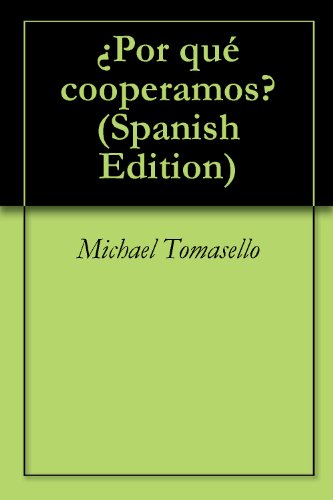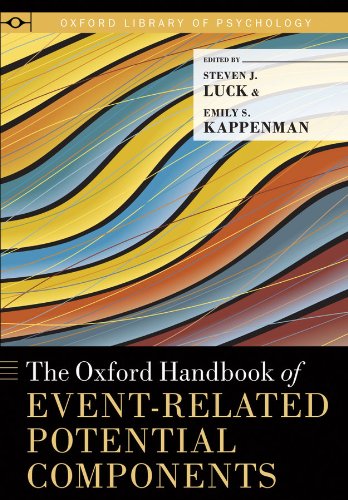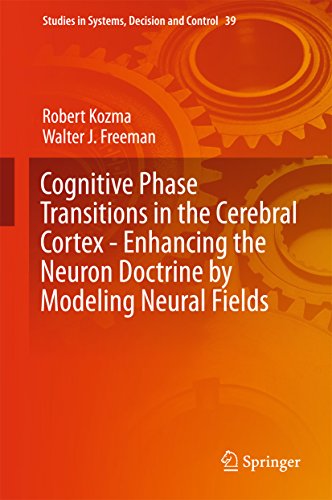
By Michael Tomasello
En '¿Por qué cooperamos?', Tomasello individualiza los procesos psicológicos que probablemente dieron sustento a las formas más tempranas de colaboración compleja entre los seres humanos, procesos que fueron el germen de nuestras formas de organización cultural, desde el aumento de los angeles tolerancia y l. a. confianza, hasta l. a. creación de estructuras grupales como las normas y las instituciones culturales.
Read or Download ¿Por qué cooperamos? (Spanish Edition) PDF
Similar behavioural sciences books
Functional Features in Language and Space: Insights from by Laura Carlson,Emile van der Zee PDF
The 'language and area' sector is a comparatively new learn zone in cognitive technological know-how. learning how language and spatial illustration are associated within the human mind in general attracts on study in current disciplines targeting language, conception, categorization and improvement. consultant researchers from those sub-disciplines of cognitive technology speak about new insights of their personal box of craftsmanship and express what function their definition of 'function', 'feature', or 'functional function' performs of their study.
Read e-book online ¿Por qué cooperamos? (Spanish Edition) PDF
¿Qué es lo que distingue a los angeles naturaleza humana? Los teólogos han insistido en su propensión al vicio; Hobbes, en su disposición a los angeles guerra; los padres, en las tendencias egoístas de los niños. Sin embargo, si dejamos caer un objeto frente a un niño de 2 años, lo más possible es que lo alce y nos lo alcance.
Steven J. Luck,Emily S. Kappenman's The Oxford Handbook of Event-Related Potential Components PDF
Event-related potentials (ERPs) were used for many years to check notion, cognition, emotion, neurological and psychiatric issues, and lifespan improvement. ERPs encompass a number of elements and replicate a selected neurocognitive strategy. some time past, there has been no unmarried resource that may be consulted to benefit approximately the entire significant ERP elements; studying a few unmarried ERP part required examining dozens or perhaps 1000's of separate magazine articles and publication chapters.
This interesting publication was once born out of the numerous discussions the authors had some time past 10 years concerning the position of scale-free constitution and dynamics in generating clever habit in brains. The microscopic dynamics of neural networks is easily defined by means of the present paradigm dependent in a slender interpretation of the neuron doctrine.
- Studies in Perception and Action X: Fifteenth International Conference on Perception and Action
- The Wandering Mind: What the Brain Does When You're Not Looking
- Why Red Doesn't Sound Like a Bell: Understanding the feel of consciousness
- Aesthetic Science: Connecting Minds, Brains, and Experience
Extra resources for ¿Por qué cooperamos? (Spanish Edition)
Example text
¿Por qué cooperamos? (Spanish Edition) by Michael Tomasello
by Thomas
4.0


